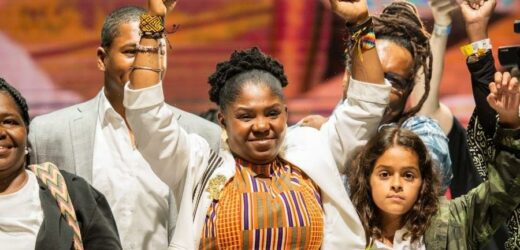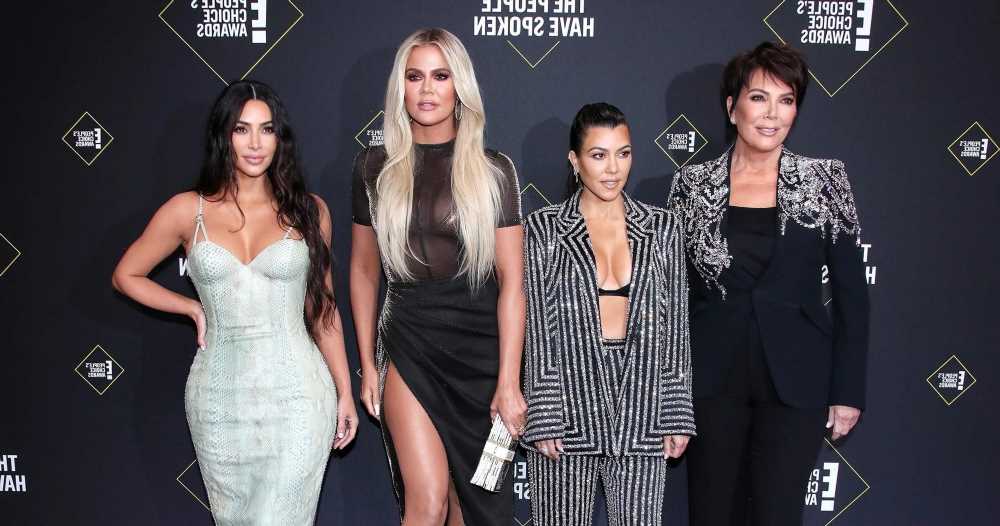For the first time in Colombia’s history, a Black woman is set to become vice president. Francia Márquez, an Afro-Colombian environmental activist and lawyer, won Sunday’s runoff election as the running mate to President-elect Gustavo Petro, the country’s first progressive leftist leader.
Born in the small town of Yolombo, located in the Suárez municipality of the Cauca Mountains in southwest Colombia, Márquez is a single mother of two who first became an activist at the age of 13, when the construction of a dam threatened her community. She became pregnant at 16, left school to work in the local gold mines, and eventually sought work as a housekeeper. She went on to finish school and earn a law degree at Santiago de Cali University.
In 2014, she led a 10-day, 350-mile march of 80 women from the mountains of her hometown to the capital of Bogotá. Once in the capital, Márquez and the other women spent 22 days protesting in the streets. The march brought widespread national attention to the environmental destruction that illegal mining was causing in her town and many other communities in the Cauca region. Four years later, Márquez won the prestigious Goldman Environmental Prize, also known as the Green Nobel, for her work in successfully fighting illegal mining projects.
More than 80 percent of people in the Cauca department, and approximately 40 percent of the entire country, are living in poverty, according to Reuters. Colombia has one of the largest Afro-descent populations in Latin America, with approximately 25 percent of the total population identifying as Black.
Márquez’s historic election is not only a win for poor, rural communities, but also for Afro-Colombians, who are vastly underrepresented in business and politics, and regularly subjected to racism in a country plagued by deep-seated inequality.
“Colombia is known as one of the most racist countries in Latin America for a reason,” Mayra Fernanda Mejía, an Afro-Colombian single mother and rural activist, told The Guardian. “In Colombia they speak about Black women as being ‘pretty little black things’ and who do Colombia’s legislatures give priority to? White and mestizo people, not Black people.”
“Francia’s candidacy for women means a before and an after, because she’s a woman, because she’s Black – and because she comes from nothing,” Mejía continued. “Francia [Márquez] marks a before and an after in the history of Colombia.”
According to The New York Times, Márquez chose to run for office “because our governments have turned their backs on the people, and on justice and on peace.” As an activist, she has been forcibly displaced by local mafias and has survived at least one assassination attempt. Throughout her campaign, she has also been threatened with violence and subjected to racist attacks. However, after mobilizing decades of voter frustration, and after countless years of community organizing, Márquez has become a national hero.
As vice president, she is expected to push for the decriminalization of abortion and reproductive justice for rural, Indigenous and Afro-Colombian women. She also plans to move the economy away from oil and coal production, and reduce inequalities that worsened during the pandemic.
In a tweet on Monday, Márquez said the newly-elected government plans to create a Ministry of Equality. “I come from a historically forgotten town and region,” she wrote. “My task is to guarantee rights to those excluded and marginalized territories, [and] guarantee rights to Afro-descendant and Indigenous populations.”
“After 214 years, we have achieved a government of the people, a government of people with calloused hands,” Márquez said in her acceptance speech in Bogotá, Colombia. “We women are going to eradicate this country’s patriarchy. We’re going to fight for the rights of our Mother Earth.”
Source: Read Full Article


